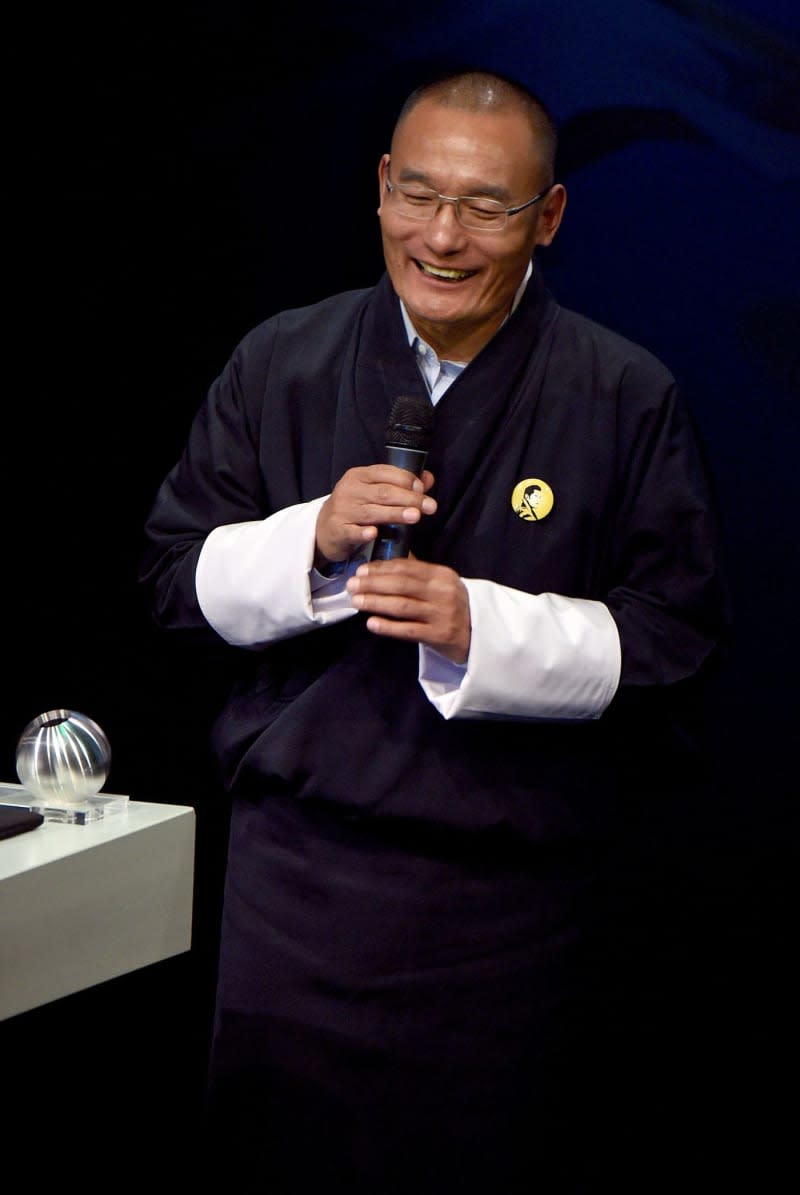Ex-premier wins parliamentary election in Himalayan kingdom of Bhutan

- Oops!Something went wrong.Please try again later.
- Oops!Something went wrong.Please try again later.
- Oops!Something went wrong.Please try again later.
The party of former prime minister Tshering Tobgay has won only the fourth parliamentary election in the Himalayan kingdom of Bhutan, the majority state-owned local newspaper Kuensel reported on Wednesday, based on preliminary results.
The country, known for measuring gross national happiness in contrast to gross domestic product, is now on the verge of a change in government after Tobgay's People's Democratic Party (PDP) won 30 seats, while the Bhutan Tendrel Party (BTP) won the remaining 17 seats.
The prime minister of the large neighbouring country and important trading partner India, Narendra Modi, congratulated Tobgay on the social media platform X. "Look forward to working together again to further strengthen our unique ties of friendship and cooperation," Modi posted.
Tobgay was prime minister previously from 2013 to 2018.
The Buddhist country lies between India and China, has fewer than 800,000 inhabitants and is roughly the size of Switzerland or the Netherlands.
It has only formally been a democratic constitutional monarchy modelled on the British system since 2008, after former king Jigme Singye Wangchuck initiated the change.
There is now a parliament and a prime minister. However, the parties consult the popular monarch Jigme Khesar Namgyel Wangchuck on important issues and he continues to set the direction of policy.
The former monarch also came up with the idea of gross national happiness in the early 1970s. It is based on indicators such as sustainable, social and economic development, environmental protection, cultural promotion and good governance.
The kingdom, with its peaks more than 7,000 metres high, is one of the most isolated in the world. In its own language, Bhutan is known as the "Land of the Thunder Dragon."
Bhutan wants to avoid mass tourism by charging high fees, but is also heavily dependent on money from foreign visitors and development aid. At the same time, widespread unemployment is a problem for many citizens. Many young people are trying to leave the country.

